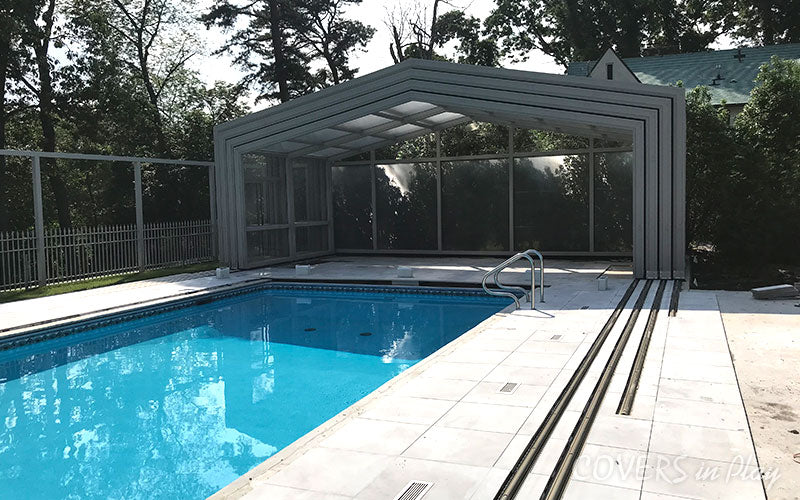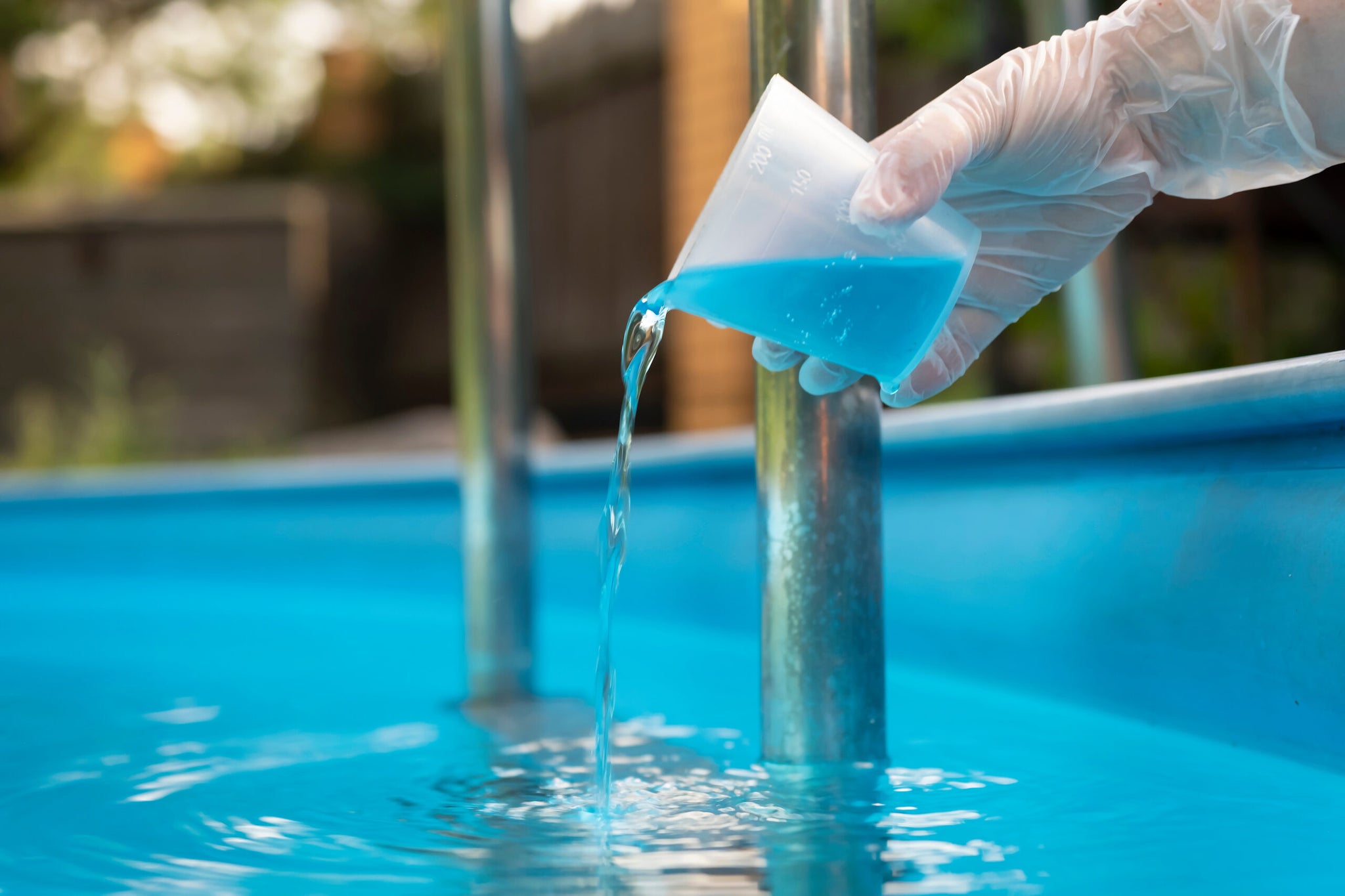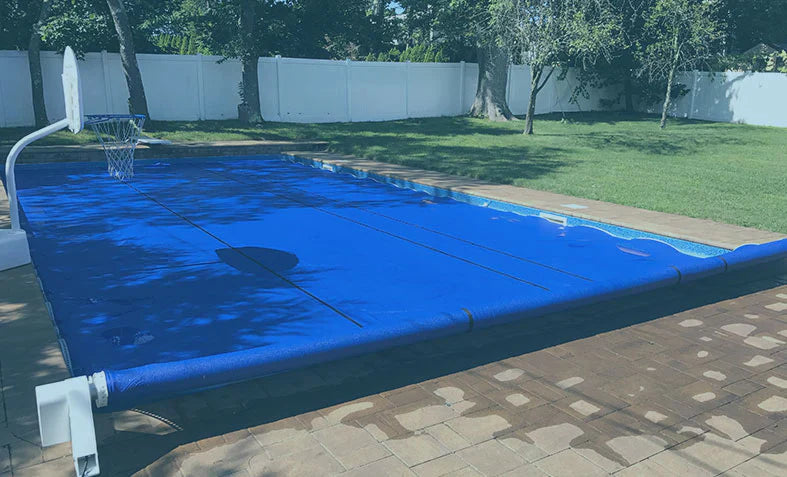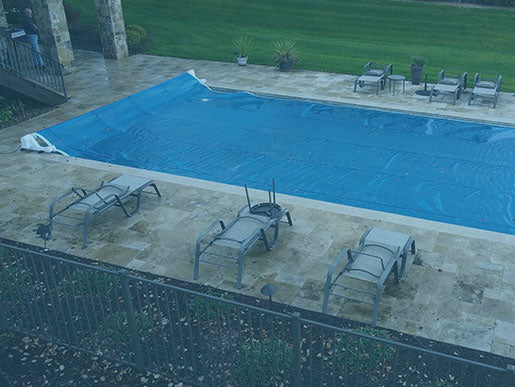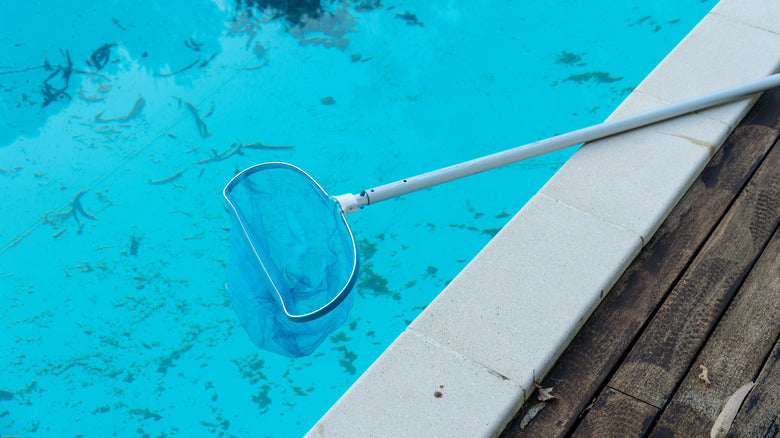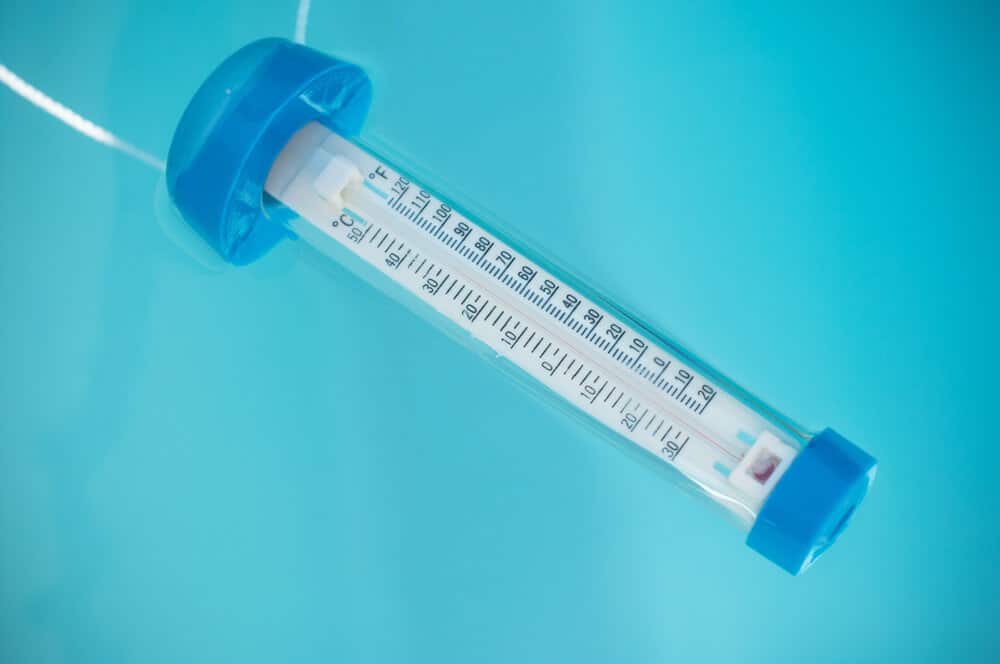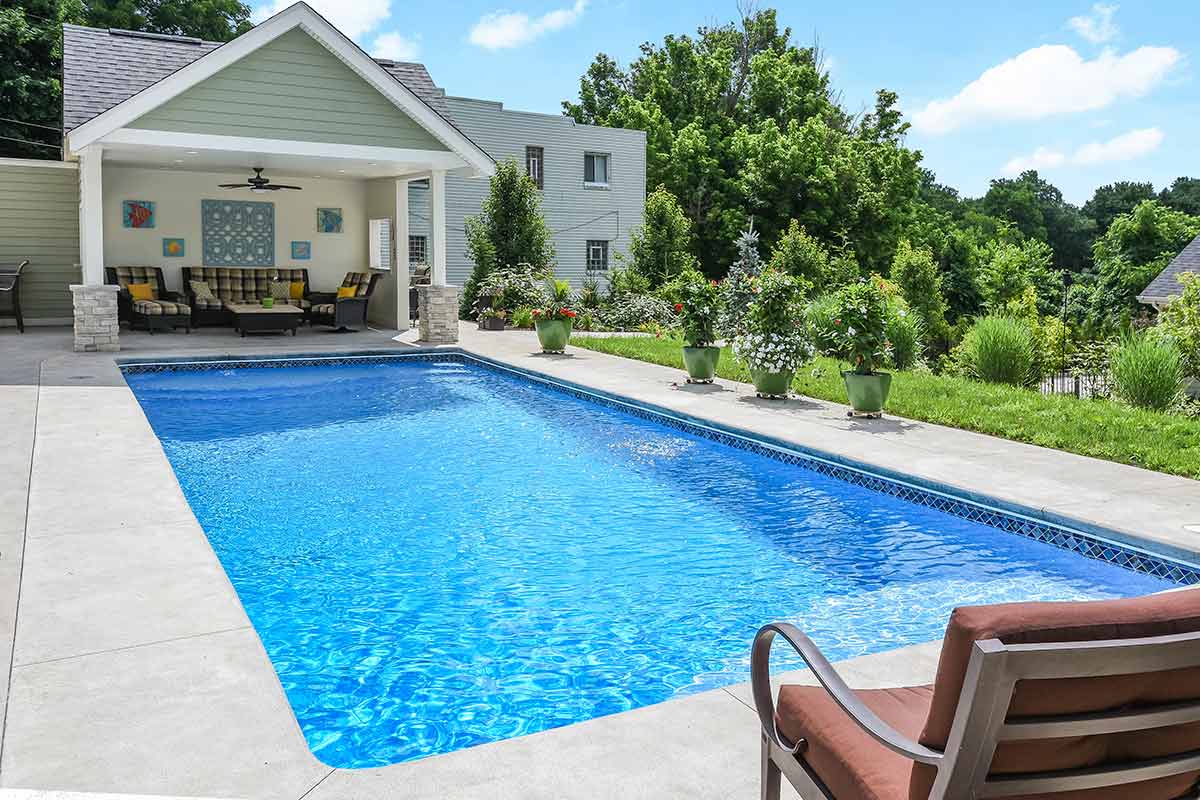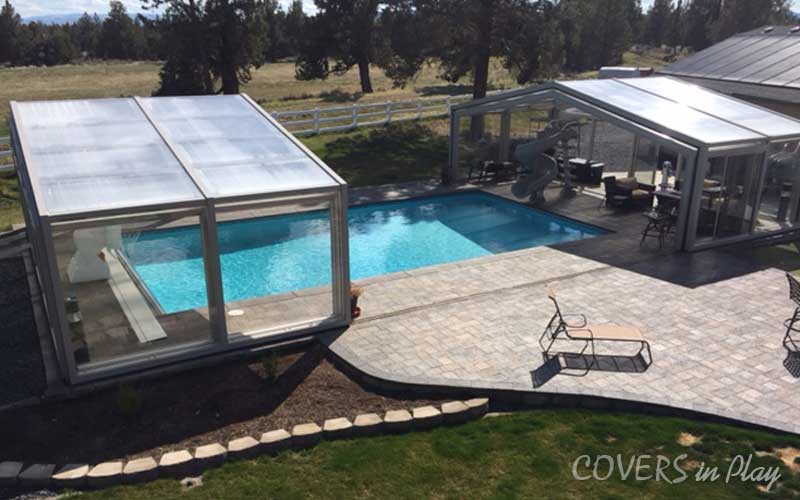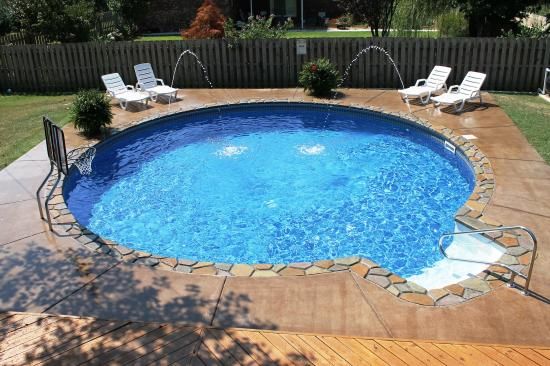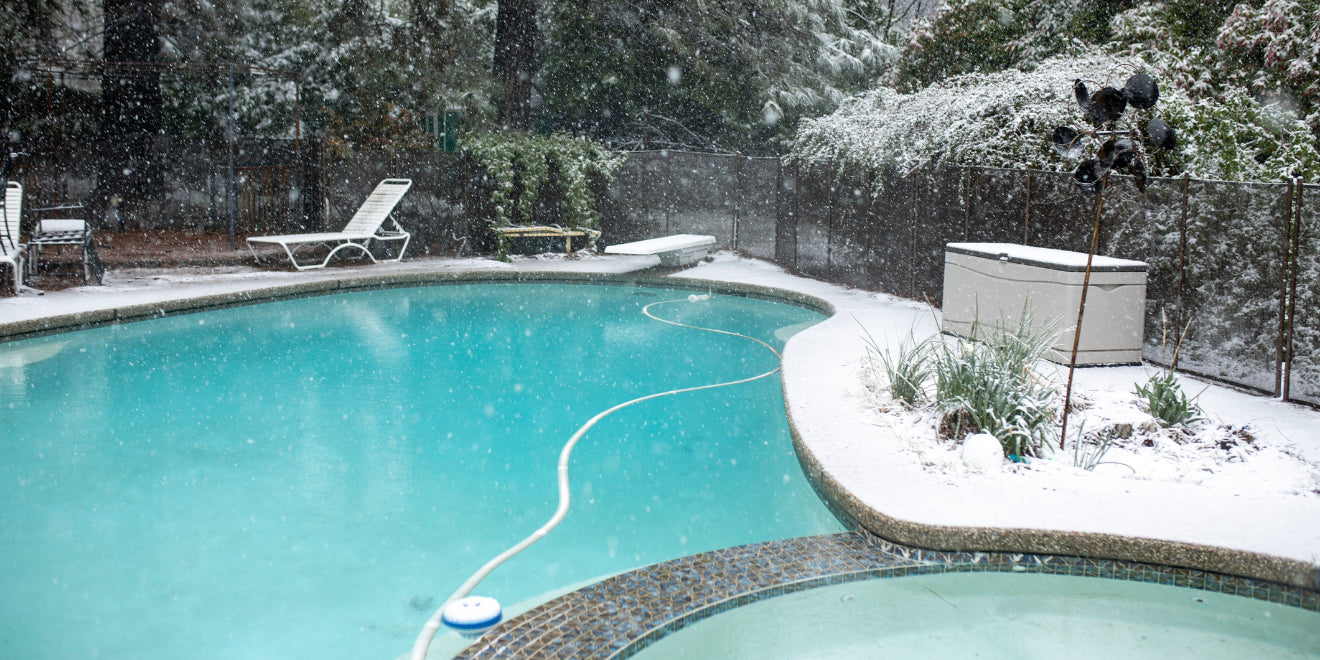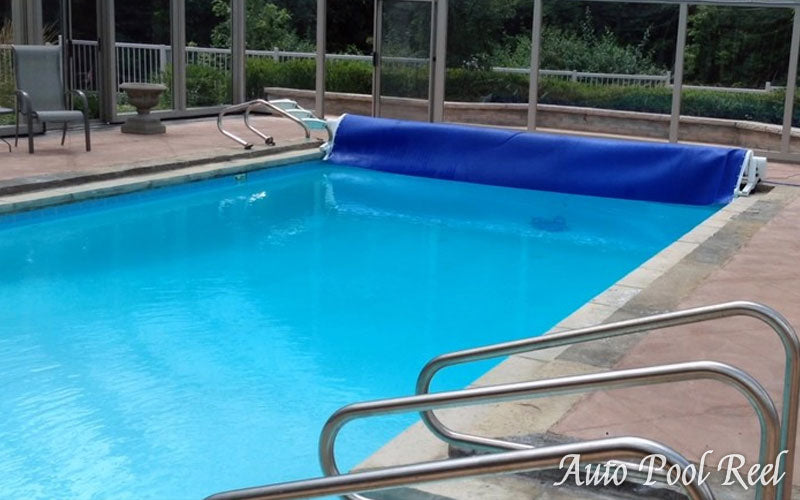
Ozonators for Pools
If you’re a pool owner, you are probably well aware of the ongoing and even costly requirements of chlorine pool maintenance. Your regular routine might look similar to this: You need to test the chemical balance 2-3 times weekly, add chemicals as required, make sure the pool's interiors are clean, and that your filtration system performs appropriately.

Sounds like a hassle, huh? That’s where ozonators for pools come along. Let’s take a look at what an Ozonator pool system is and how it can help you out.
What is Pool Ozone?
Ozone is a blue-colored gas made up of three oxygen atoms. It's a naturally occurring and man-made gas found in the Earth's upper and lower atmosphere. This oxidizer would chemically destroy contaminants found in water, making it a beneficial gas when sanitizing pools.
Compared to other sanitization products, one would apply ozone to the water in a circulation system, returning to the pool water in low concentrations. Ozone is quite dangerous in high concentrations, which is why it needs to be produced and dissolved in the water right away. Since it's an unstable gas, you can't store or transport it. Instead, it must be produced on-site with an ozone generator.
How Do Ozonators for Pools Work?
Ozone generators are also known as ozonators, which would sanitize pool water as it travels through the circulation system. Before returning sanitized water to pools, the ozone supply is depleted to prevent injuries.
Ozonators would produce ozone via two methods, depending on the type of generator pool owners invest in. Before delving into the two methods, remember that oxygen has two oxygen atoms and ozone has three.
Corona Discharge Ozonators for Pools
This is the first method of ozone production, which is done by splitting oxygen molecules into singular atoms. It’s performed using a ring of energy coming from high voltage electrical discharge. This kind of Ozonator creates an environment allowing ozone formation with the singular oxygen molecules reattaching to O2 molecules from the air, forming ozone.
Ultraviolet Light Ozonators for Pools
UV ozone generators would use UV lamps that emit light at 185 nanometers, splitting oxygen molecules passing over them and converting them into singular atoms. These singular oxygen atoms would try stabilizing themselves by reassembling them into ozone molecules.
When either of these ozonators produces ozone, the ozone must be dissolved into water to sanitize and remove contaminants such as bacteria, parasites, and viruses. Ozone dissolution is usually done through venturi injection, wherein pressurized water helps create a vacuum. This would then pull newly created ozone in pool water while it circulates through a system.
How Much are Ozonators for Pools?
The cost for an Ozonator for pool will depend on many factors, such as the generator type, ozone concentration and output, pool size, and if the oxygen supply is dry air or coming from oxygen-producing systems. You can even find hybrid systems that include chlorination and salt, besides ozone.
On average, an Ozonator will cost between $1,000 to $3,000 for the generator and installation. The larger your pool, the more expensive it gets. If you plan on getting one, make sure you search for oxygen pool system reviews or oxygen pool review to ensure you're getting one best suited for your pool and individual needs.
Pros and Cons of an Ozone Pool

Both chlorine and ozone pools have their pros and cons, so we can’t say one is better than the other for everyone.
You need to understand that ozone can’t maintain residual disinfecting properties. That’s why instead of replacing ozone or chlorine, it’s best that these two work together. Since you’ll use ozone, you can experience a significant decrease in chlorine concentration use.
That said, even when these sanitization methods work well together, there are certain benefits an ozone pool offers.
Ozone Pool Pros
- Ozone pools offer easier pool maintenance. Since ozone and chlorine can team up to remove any harmful contaminants, your pool won’t require as often manual cleanings. You’ll still need to fish out any large debris, but ozone pools have automated maintenance, requiring less chlorine treatment.
- Pools that use a hard water supply are tough to manage since scale builds up on pipes and pool walls. Ozone pool systems will oxidize water, which helps prevents calcium carbonate buildup.
- When ozone kills mildew while masking chlorine odor, the pool will smell clean and fresh instead of heavily chlorinated since ozone pools don’t need that much chlorine substance, which reduces chemical exposure. This makes your pool safer and more enjoyable (because not many people actually like that chlorine smell)!
Ozone Pool Cons
- Ozone pool systems can’t work alone because it doesn’t have residual disinfecting properties. That’s why you still need chemical supplements like bromine or chlorine.
- Ozone pool systems require less chemicals, but it has a costly upfront price and installation time. This is compared to chlorine or bromine, which has no high upfront costs, being an effective and inexpensive sanitization method.
- Remember that there's possibility ozone has dangerous consequences, especially when humans are exposed to high amounts of it. Note that this gas can build up in covered areas, such as pool pump rooms or under pool covers. That said, even chlorine is toxic in high concentrations, so you must handle either of these gases and chemicals carefully to avoid any accidents and injuries.
Wrapping It Up
Ozone systems might be best for those with irregular and unpredictable lifestyles that keep them from performing regular pool maintenance. While a bit expensive at first, you get your money's worth in the long run with the benefits it offers.
Hopefully, you learned a lot about the truth about oxygen pools and ozonators for pools from our article. If you’re interested in investing in an ozone or oxygen pool filtration system, start doing your research to find the best one for you.
